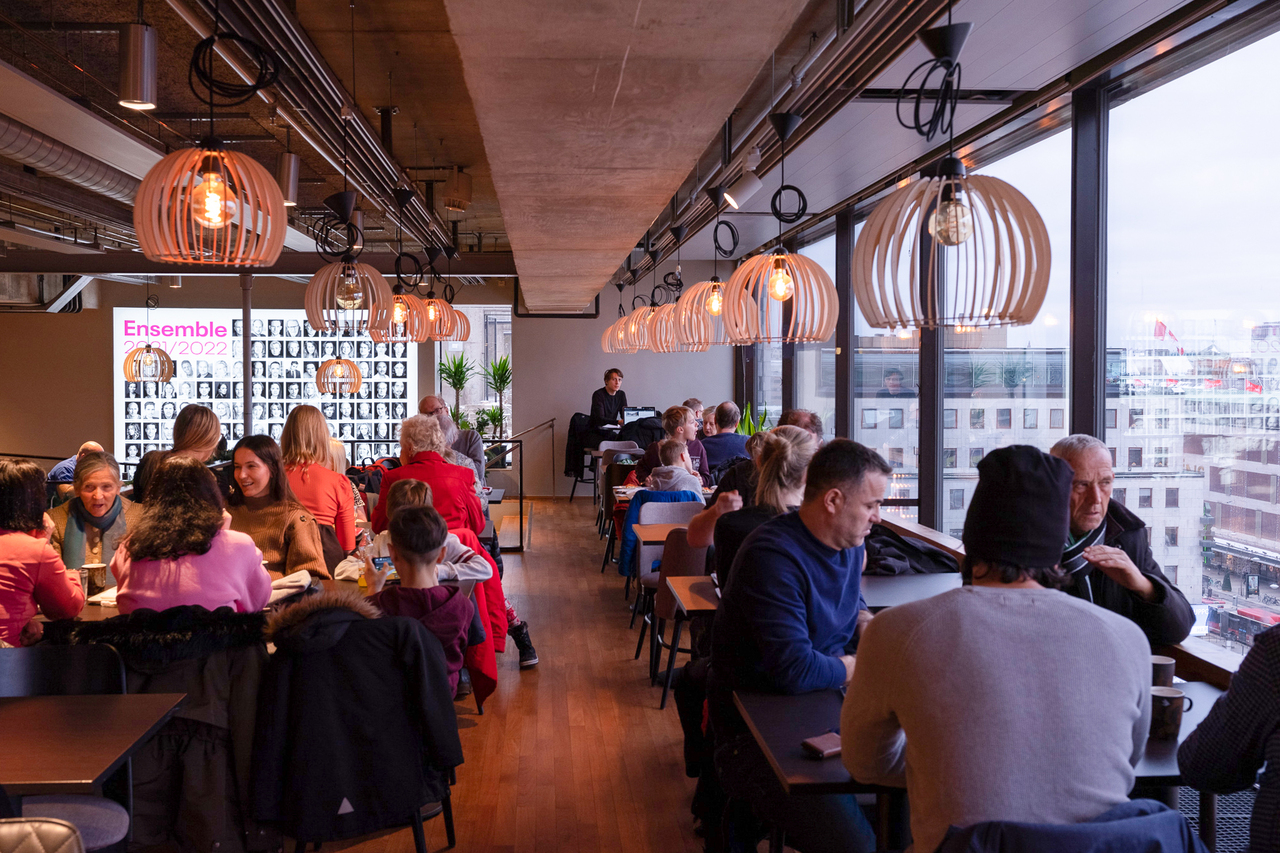Sweden tightens restrictions as Covid-19 caseload surges
Sign up now: Get ST's newsletters delivered to your inbox

New curbs include early closings for bars and restaurants and a cap of 500 people at public gatherings.
PHOTO: BLOOMBERG
Follow topic:
STOCKHOLM (AFP) - Sweden on Monday (Jan 10) announced a slew of new virus curbs, including early closings for bars and restaurants and a cap of 500 people at public gatherings, as the country registers record numbers of cases fuelled by the Omicron variant.
Bars and restaurants will have to close at 11 pm, a vaccine pass will be required for indoor public gatherings of more than 50 people, and indoor private gatherings will be capped at 20 people.
The measures will come into force on Wednesday.
Currently, vaccine passes are required for indoor events with more than 500 attending.
But as of Wednesday, the maximum will be 500 people, with vaccine passes mandatory for any gathering over 50 people as well as required seating, a maximum of eight people per group, and at least one metre's distance between groups.
"Right now we are in a situation with record levels of transmission," Prime Minister Magdalena Andersson told a press conference.
Last week, the Nordic country registered several daily records of Covid cases, with a peak of 23,877 cases recorded on Jan 5, and the country's Public Health Agency also said the Omicron variant is now the dominant variant in Sweden.
National Board of Health and Welfare director Olivia Wigzell on Monday noted that healthcare was already "very strained", but warned that the delay between the increased spread and the need for care meant the situation would surely get worse.
Adults were recommended to limit their social interactions and forego large dinners and parties, and a recommendation to work from home was reiterated.
The Public Health Agency said it believed the measures would be necessary until the middle of February, but they would be re-evaluated every two weeks.
Sweden made headlines in the early days of the pandemic when it, unlike most other countries, did not introduce any form of lockdown or school closures.
Instead, it adopted a softer approach, recommending social distancing, homeworking and only limited use of facemasks.
It did however ban visits to elderly care homes, limit the number of people allowed to attend public gatherings and restrict opening hours at bars and restaurants.
Sweden's death toll - around 15,300 of the 10.3 million population - is around the European average.
But it is significantly higher than those of its neighbours Norway, Finland and Denmark, which initially sparked heated debate about the Swedish strategy.

